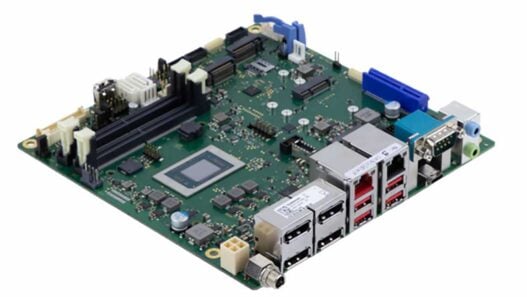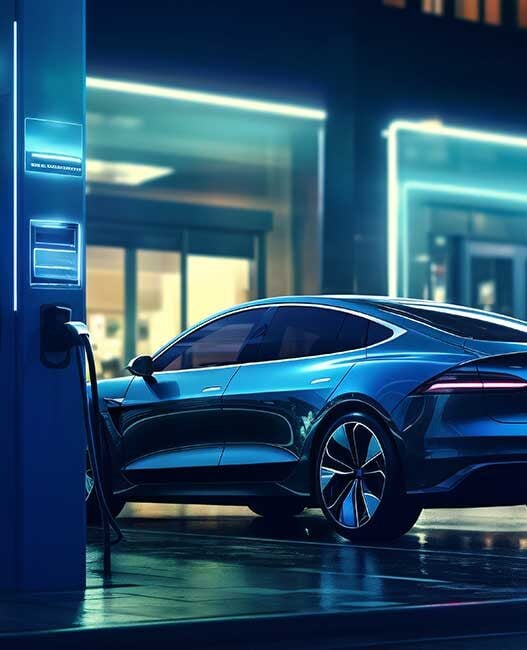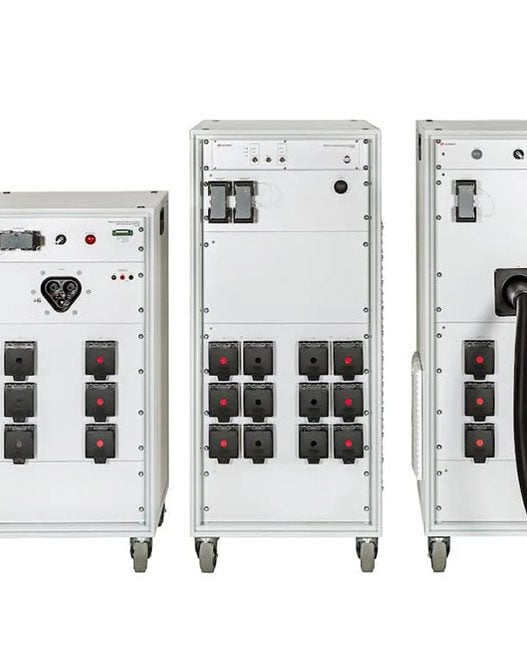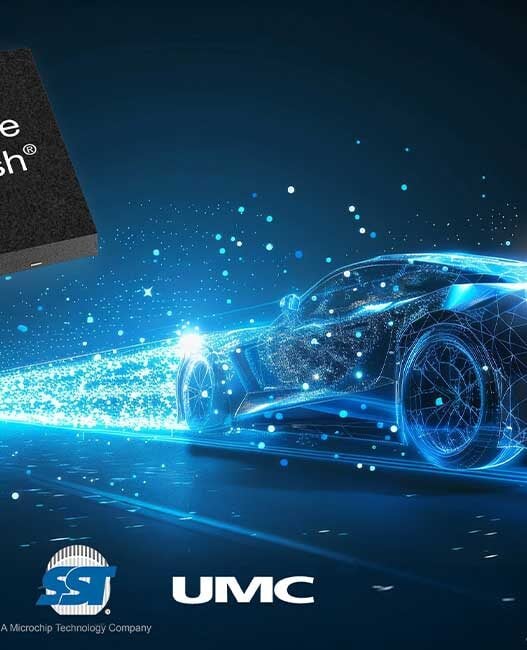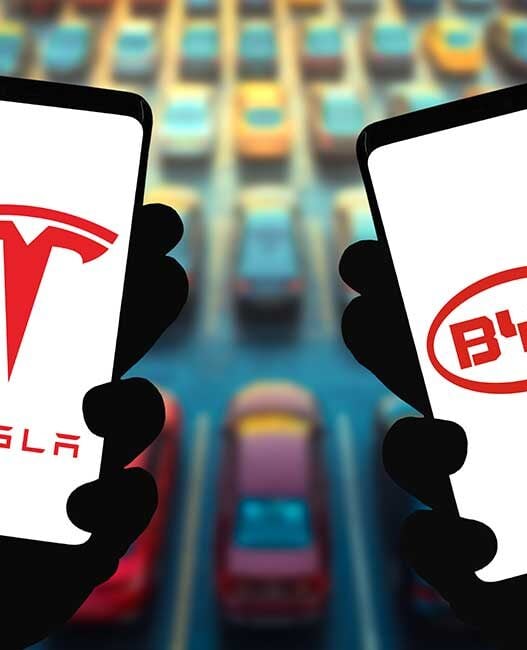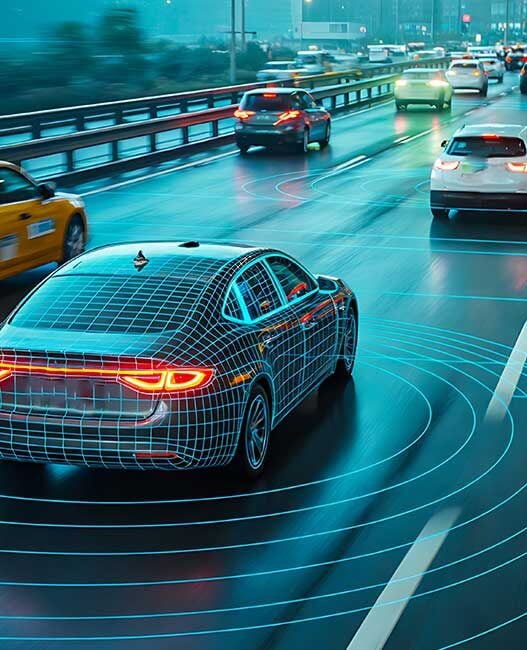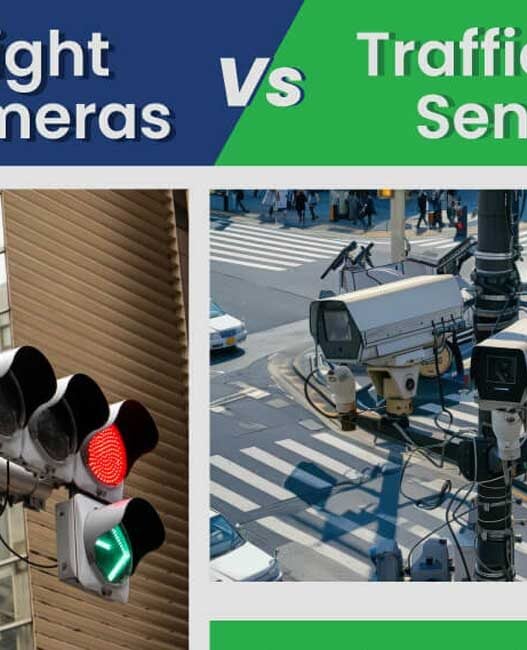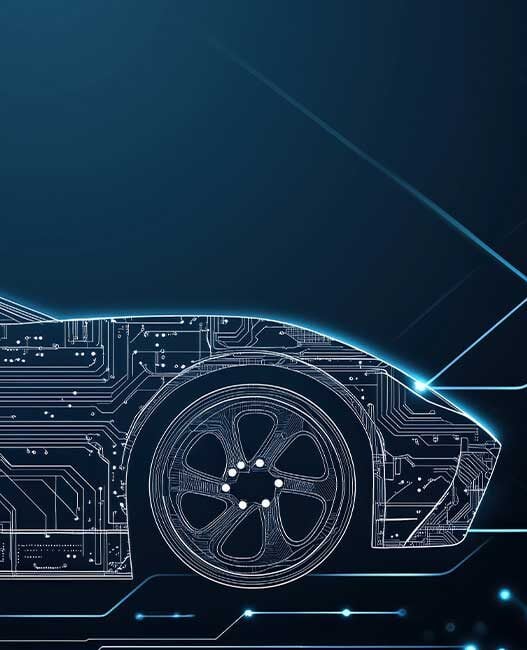During fast charging, lithium ions tend to accumulate on the surface of the battery’s negative electrode rather than integrating into it.
This buildup gradually forms a layer of metallic lithium, causing a cascade of issues such as battery damage, shortened lifespan, and the potential for short-circuits, leading to hazardous fires and explosions.
However, a recent study, led by Dr. Xuekun Lu at Queen Mary University of London, in collaboration with researchers in the UK and the US, may hold the key to preventing this harmful lithium buildup. The ultimate goal? Faster EV charging times.
Dr. Xuekun Lu’s research unveils a key insight – lithium plating can be “significantly mitigated” by optimising the microstructure of the graphite negative electrode, which comprises minuscule, randomly dispersed particles.
Through meticulous experimentation, the team discovered that by precisely adjusting the size and shape of these particles within the electrode, they could achieve a uniform reaction and reduce localised lithium saturation. This, in turn, reduced lithium plating, leading to substantial improvements in battery performance.
Dr. Lu explains: “Our research has uncovered that the lithiation mechanisms of graphite particles exhibit variations under distinct conditions, contingent on factors such as surface morphology, size, shape, and orientation. These factors significantly influence lithium distribution and the likelihood of lithium plating.”
Utilising an innovative 3D battery model, the researchers were able to pinpoint the onset and rate of lithium plating, marking a significant stride forward in the realm of electric vehicles.
By enhancing our understanding of the physical processes governing lithium redistribution within graphite particles during rapid charging, this study provides novel insights into the development of expedited charging protocols. Beyond faster charging, the research also illuminates the potential for boosting the energy density of batteries with refined graphite electrode microstructures. This advancement implies that electric cars could travel longer distances on a single charge.
The implications are profound – an acceleration in charging speed, coupled with improved battery longevity and safety measures, could substantially enhance the appeal of EVs for drivers. The ramifications of this research promise to change the future of electric mobility, making it a more enticing and practical choice for environmentally conscious consumers.



